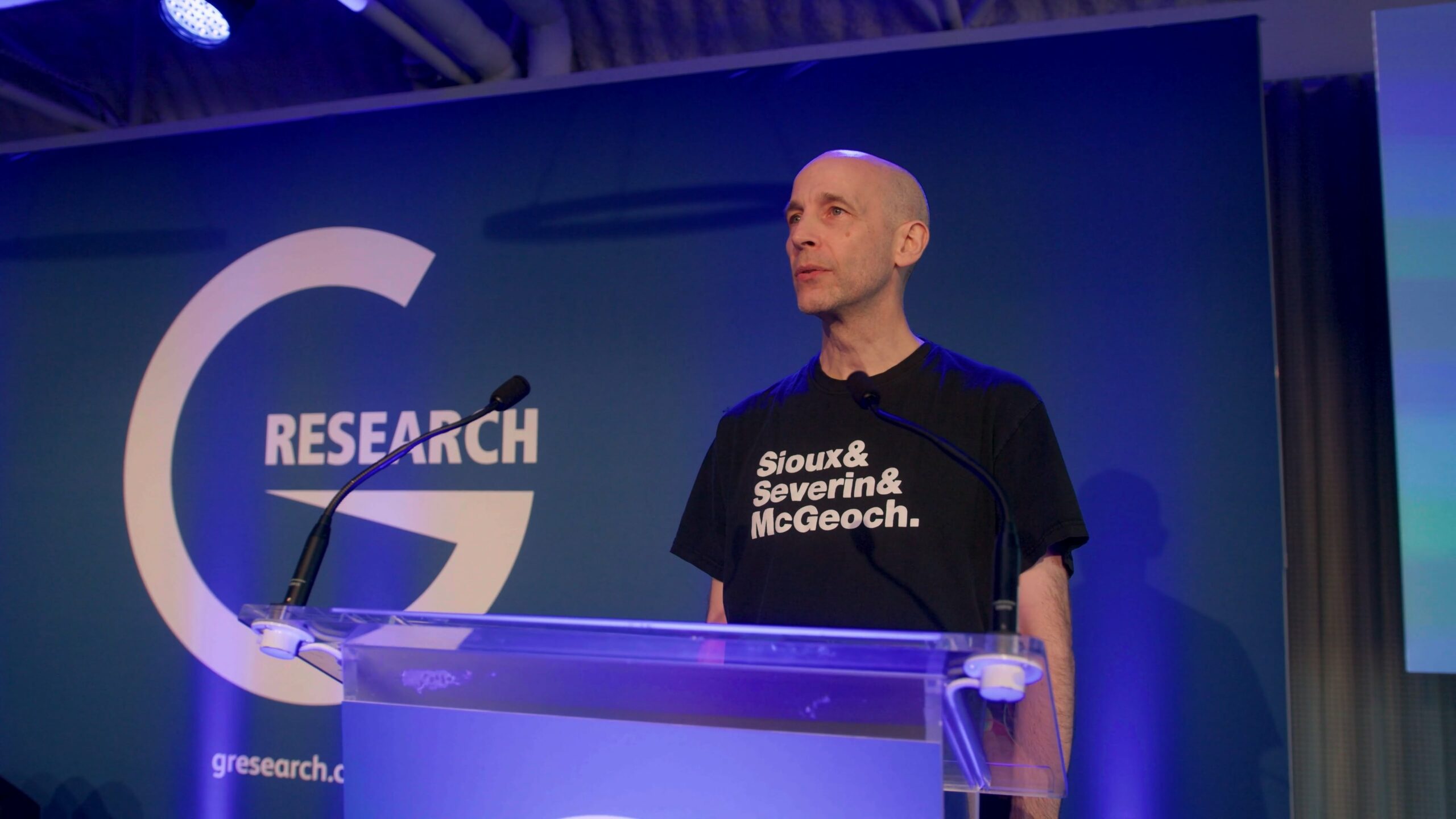My love of mathematics started, I suppose, at an early age. It was always at school, one of the subjects that I liked best, and I think at each stage where the opportunity came to specialize a bit more, um, I, maths was always there in the mix until, by the end, it was the only thing that was left in the mix. The branch of mathematics that I'm involved in is combinatorics, which is sometimes also, um, referred to as discreet mathematics. Um, I like to try to solve problems that have very simple statements, problems that draw you in immediately, that you don't have to have a lot of expertise, at least to understand the question, but the answers are often very hard to find, so simple to understand, difficult to solve. Those are the kinds of problems that really appeal to me. I've recently, um, been given a grant by an, an organization called the Institute to create a a team. What we're trying to do in a nutshell is examine very, very carefully the process by which human beings manage to solve mathematics problems and find proofs of serums and that kind of thing. Having done that to try to understand it well enough that we can program computers to do what we do. I've done some work in this in the past, so I know that at least some progress in this direction is possible. How much we'll be able to do over the next three years, which is the duration of the project, at least to start with, I don't know, but I'm confident we'll be able to push the boundaries of, of the state, of the art, at least to some extent. For a long time I've been active on social media in one way or another. I think it is quite important for mathematicians to do at least some of this, maybe not all mathematicians, but at least some, partly just to show people that, um, mathematics is a worthwhile endeavor. Um, and also partly because mathematicians have a particular perspective on the world. And, um, so when, for example, something major happens that has a mathematical component, such as an obvious example, the pandemic recently, there are things that can be said and things that I, I think mathematicians have a role to play in communicating an understanding of the mathematical issues that arise to a wider public. Tonight I'm going to talk about the area of automatic theorem proving, which is very closely connected with the, the theme of the entire event. I think the, um, take home message from my talk tonight will be that, um, things are going to change quite a lot as a result of, um, efforts put into automatic. They're improving in the extreme, it might go as far as putting us outta business because computers can just do it better than we can. If that's gonna happen, the, the timescale of which it happens is very uncertain, and estimates vary from 10 years to 200 years. But, um, the fact that some kind of change will happen, I think, and some quite disruptive change, I think is, is fairly clear. Um, and I think it's not just, you know, if you're not a mathematician, maybe you don't care too much about, uh, mathematicians doing their own research, but I think mathematics is a very important, uh, or mathematical research is an important toy problem for much more general artificial intelligence. And so I think the message would be that this is a, a fascinating area and one that could have a huge impact in the future.

